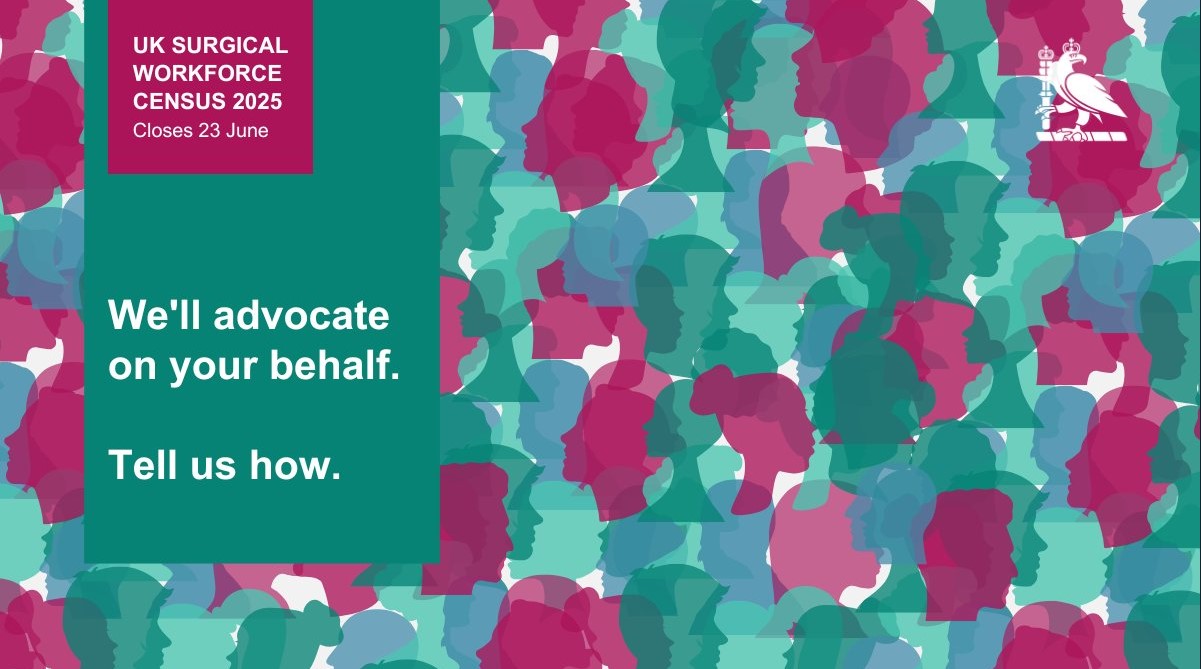
News
Filters

Be part of our legacy – Sponsor a Fellow
As a Fellow, you’re at the heart of our College – we trust in you to lead the conversations, help set our standards and contribute to shaping the future of your profession. Fellowship is also an acknowledgement of your achievements, a recognition of your standing and expertise.

President’s perspective: a hillwalker, a daughter and a chain of survival
This month, College President Professor Hany Eteiba shares an inspiring story of a patient whose life was saved by the swift action of his family members.

Leading doctors recognised in 2025 Birthday Honours List
College congratulates Fellows and Members named in His Majesty the King’s Birthday Honours List.

Appropriate release of medical colleagues to carry out work for the wider health system
Read the full letter from health leaders to trusts and boards across the UK, encouraging them to support royal colleges, health organisations and medical professionals to undertake work for the wider benefit of the public and health services.

Resident Doctors’ Committee seeks views on training experiences
The Resident Doctors’ Committee of the Royal College of Physicians and Surgeons of Glasgow has launched a new survey to capture the experiences of surgeons and doctors in training.

Support for sustainable surgery initiative grows
Prestigious medical bodies join forces to update guidance to help minimise environmental impact of surgery.

Podiatric Medicine: election results revealed
College welcomes new Dean and Vice Dean to Faculty of Podiatric Medicine.

College Voice Issue 18
We’re pleased to share the latest issue of College Voice, our membership magazine.
An adventure in rural medicine
From singing to The Proclaimers in front of royalty to working with indigenous tribes, Dr Harrison Stubbs recalls his time in Malaysia as the recipient of the 2024 Tuanku Fauziah Scholarship.

UK Surgical Workforce Census opens
The UK Surgical Workforce Census 2025 is now open for responses until 23 June. Find out how you can have your say in shaping the future of surgery.
